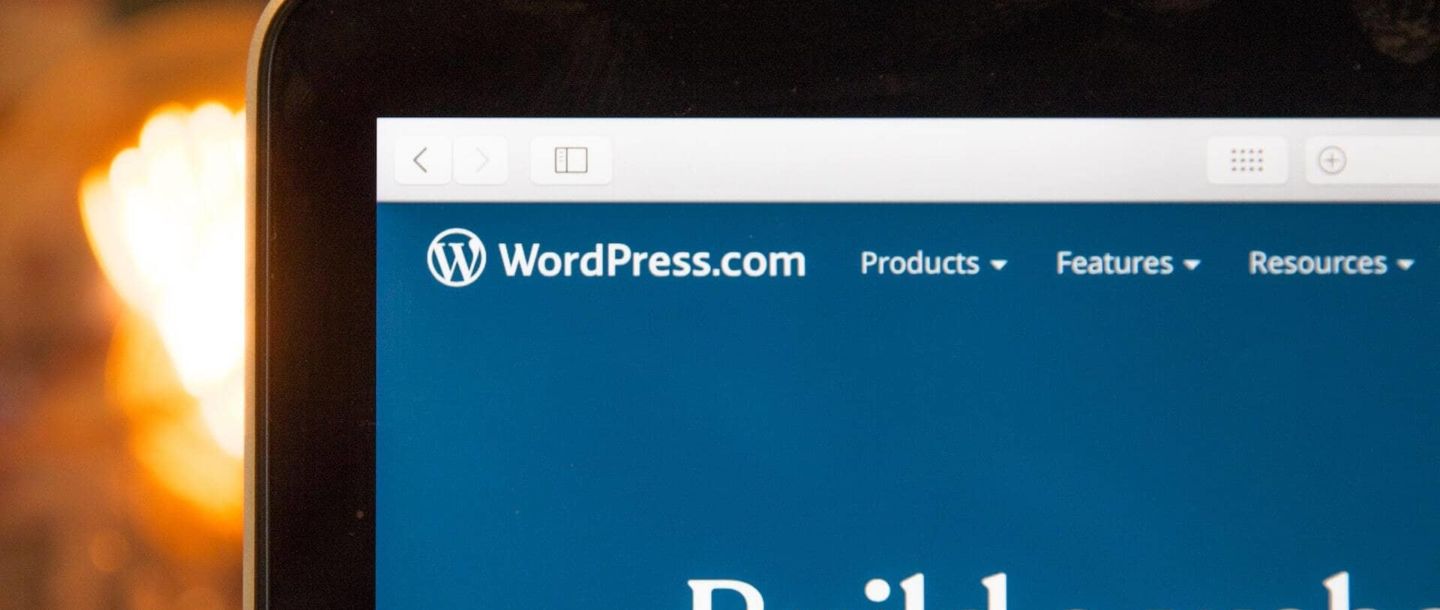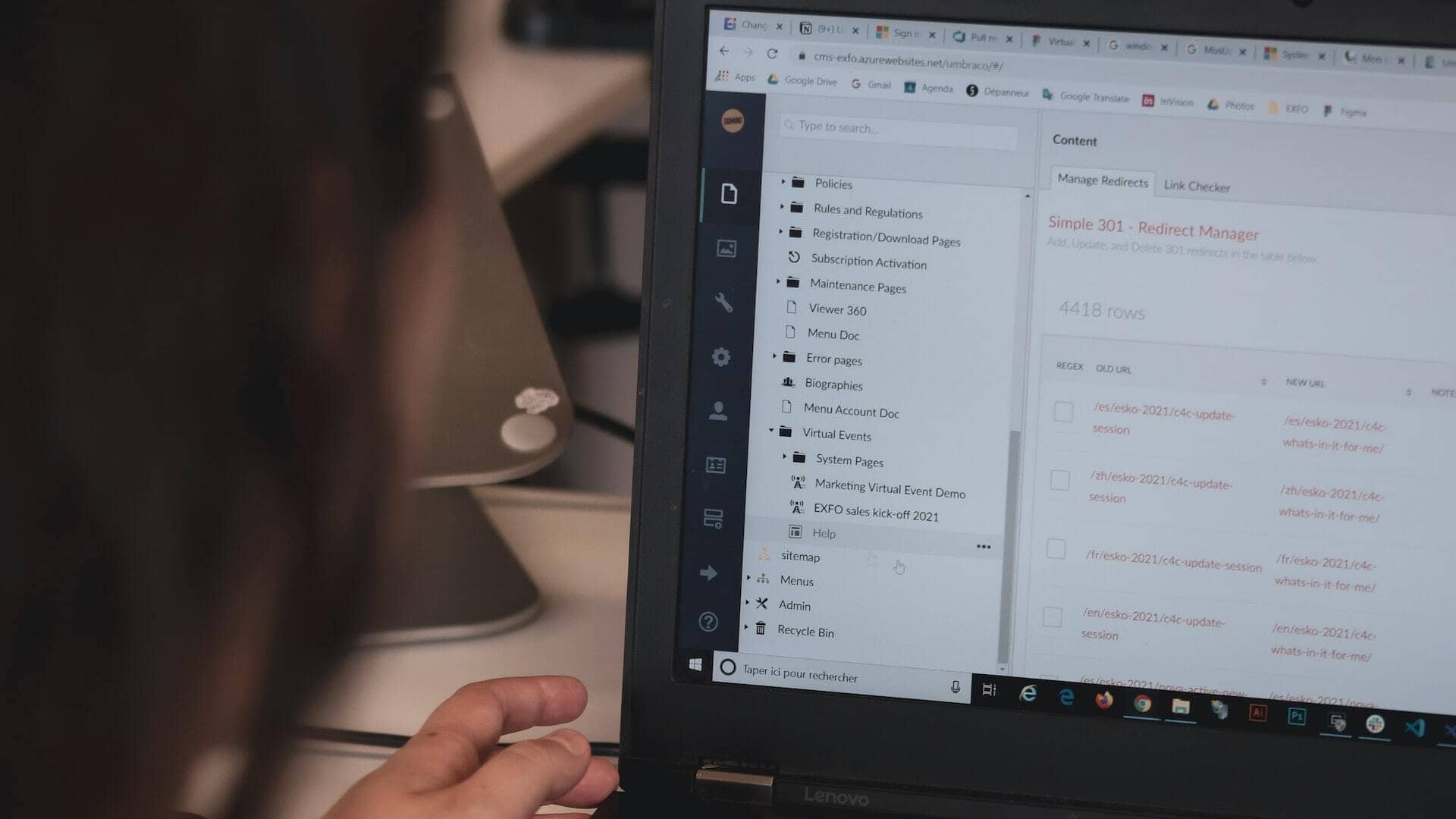Headless CMS: Is it a Good Fit for Your Business Needs?

And more importantly, is it a good fit for your business? In this article, we will explore the answers to these questions.
What is a Headless CMS?
A Headless CMS is a content management system that separates the back-end (content management) from the front-end (presentation). Unlike traditional CMSs, a Headless CMS does not dictate how content reads on the website. It simply provides an API for retrieving and managing content, leaving it up to the front-end developer to decide how to present it.
Benefits of Headless CMS
- Flexibility
With a Headless CMS, you have complete control over the presentation layer of your website. This allows you to create a unique user experience tailored to your specific needs. - Scalability
Headless CMS allows you to easily add new services and applications as your business grows. Since the CMS only focuses on managing content and can handle a large volume of traffic without the need for additional resources.
Drawbacks of Headless CMS
- Increased Complexity
With a Headless CMS, you are responsible for building the front-end, which can be time-consuming and costly. This makes it a less attractive option for small businesses with limited resources. - Technical Expertise
Creating a front-end environment that works seamlessly with the Headless CMS requires technical expertise. This means that you may need to hire additional staff or contractors to manage the development process.

Is a Headless CMS right for your business?
A Headless CMS is a good fit for businesses that require a unique user experience and count with a strong technical team in place. If you have the resources and expertise to build a custom front-end environment, then a Headless CMS can provide a high level of flexibility and scalability.
“Headless CMS offers a high degree of flexibility and scalability, but comes with increased complexity and technical requirements. It is a good fit for businesses with a strong technical team and a need for a unique user experience.”
However, if you have limited resources and technical expertise, then a traditional CMS may be a better option. It may not offer the same level of flexibility as a Headless CMS, but it can still provide a user-friendly interface for managing your content.
In conclusion, a Headless CMS is not a one-size-fits-all solution. It depends on your specific needs and the resources available. If you are unsure whether a Headless CMS is right for your business, consult with a professional who can guide you through the decision-making process.
If you are ready to build your website using Headless CMS don’t hesitate to contact our Goodie expert development team.